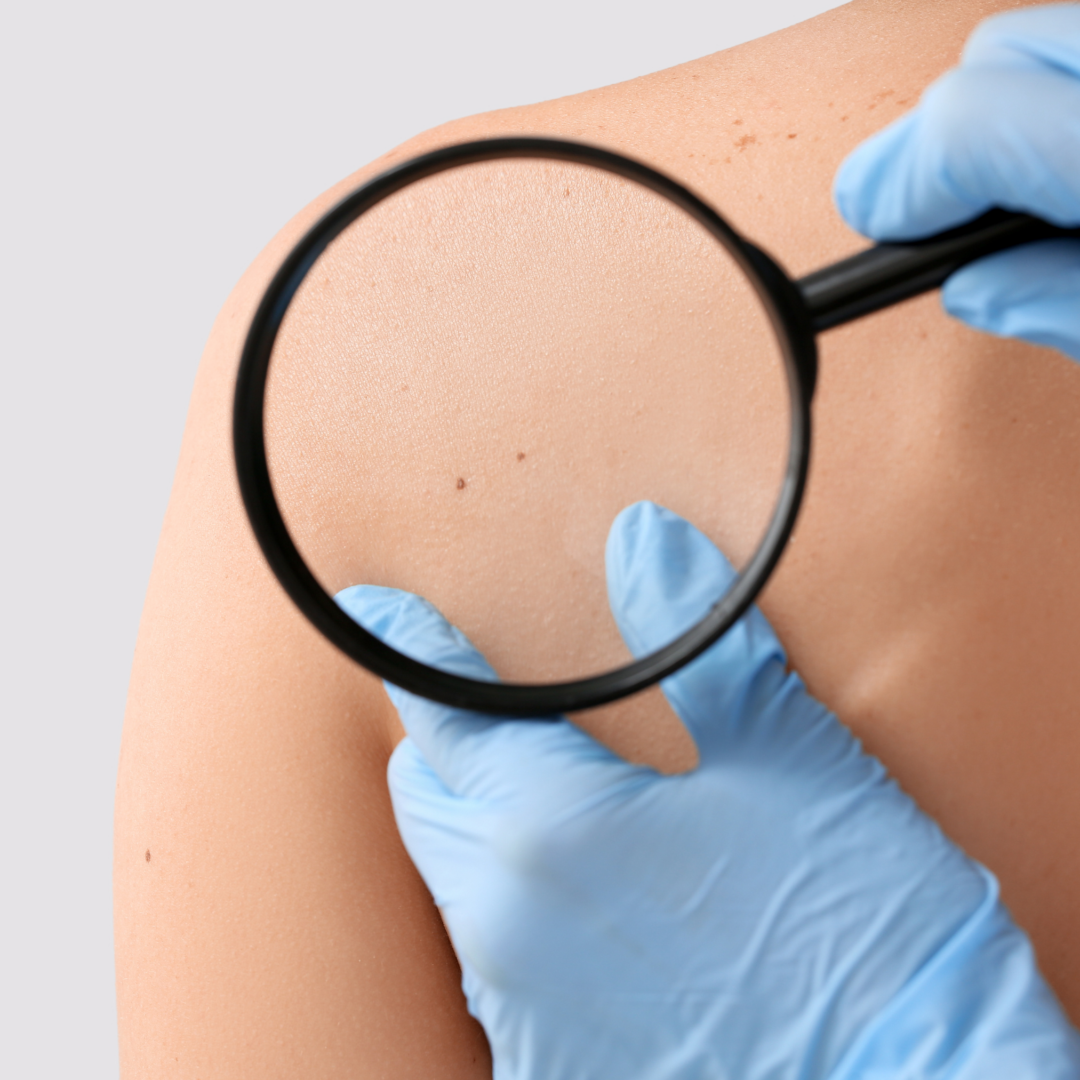Each May, Skin Cancer Awareness Month shines a light on the disease, offering important education about how to protect your skin and recognize the signs of skin cancer. As summer approaches, it’s a timely reminder to prioritize skin protection. Skin cancer, the most common cancer in the United States, and also one of the most preventable. Each year, over 5 million people are treated for skin cancer, most of whom are over the age of 65. By age 70, one in five Americans will develop skin cancer.
The three main types of skin cancer include basal cell carcinoma, squamous cell carcinoma, and melanoma. Melanoma is the deadliest skin cancer and is most commonly diagnosed among people aged 65-74.
There are several reasons why skin cancer is more common among older adults:
- Most skin cancers develop from accumulated sun damage, and older adults have had the greatest exposure over time. Both sunburns and suntans can damage the skin’s tissues, leading to defects that may result in skin cancer later in life.
- The immune system naturally weakens with age, making it harder for the body to detect and fight off abnormal cells, including those that are cancerous.
- Aging skin tends to lose elasticity, which may make it easier for certain types of skin cancer to spread.
About 90% of nonmelanoma skin cancers are associated with ultraviolet (UV) radiation from the sun. One study found that using sunscreen daily with SPF 15 or higher can reduce the risk of developing squamous cell carcinoma by about 40% when it’s used as directed. This highlights the importance of protecting your skin from the sun to help prevent skin cancer.
There are several effective strategies to safeguard your skin:
- When spending time outdoors, spend time in the shade, wear sun-protective clothing, and apply a broad-spectrum sunscreen that protects against both UVA and UVB rays. Your sunscreen should also be water-resistant with an SPF of 30 or higher.
- Remember that sun protection is necessary year-round, not just during the summer! Sunburns can occur on cloudy days and even in the winter months.
- When you’re outdoors, reapply sunscreen every two hours and immediately after swimming or sweating. Despite popular belief, using a higher SPF sunscreen does not mean you can apply it less frequently.
By practicing safe-sun habits, you can significantly reduce your risk of developing skin cancer. The best ways to monitor your skin are to get a yearly skin check by a dermatologist and to perform regular self skin checks at home. Reach out to your doctor if you notice any changes in moles, freckles, or other spots.
If you or a loved one has developed skin cancer and is currently undergoing treatment, JAA Home Health can support your recovery through wound care and management of symptoms related to oncological therapy. For questions or more information, call 412-586-3249.
Sources: American Academy of Dermatology; CDC; Skin Cancer Foundation; Skin Cancer Foundation; NCOA


